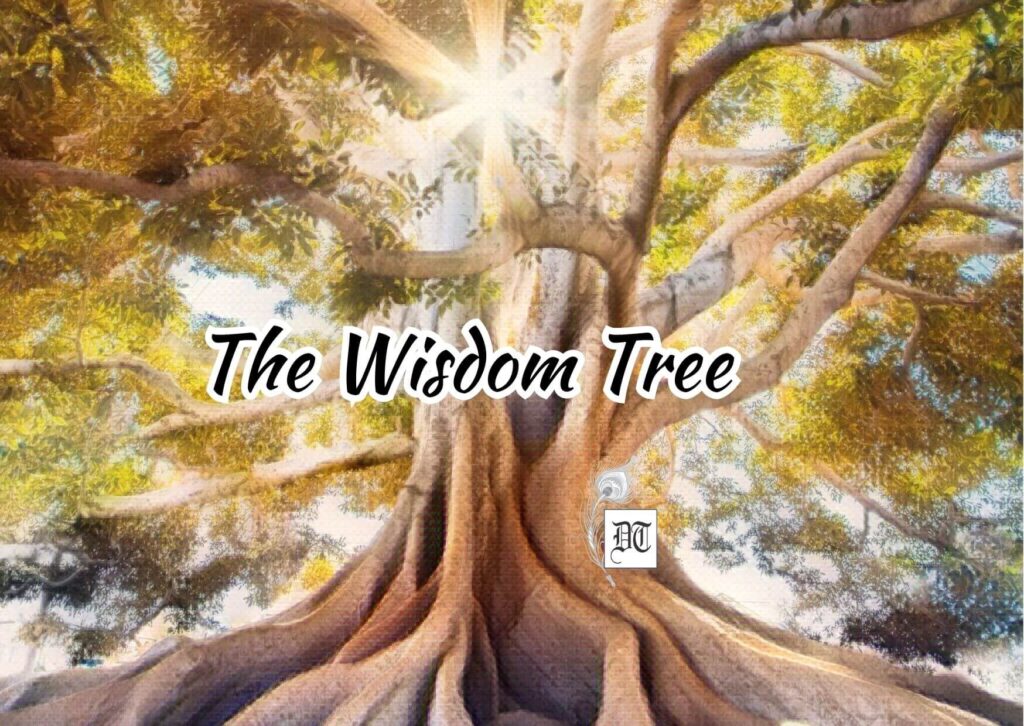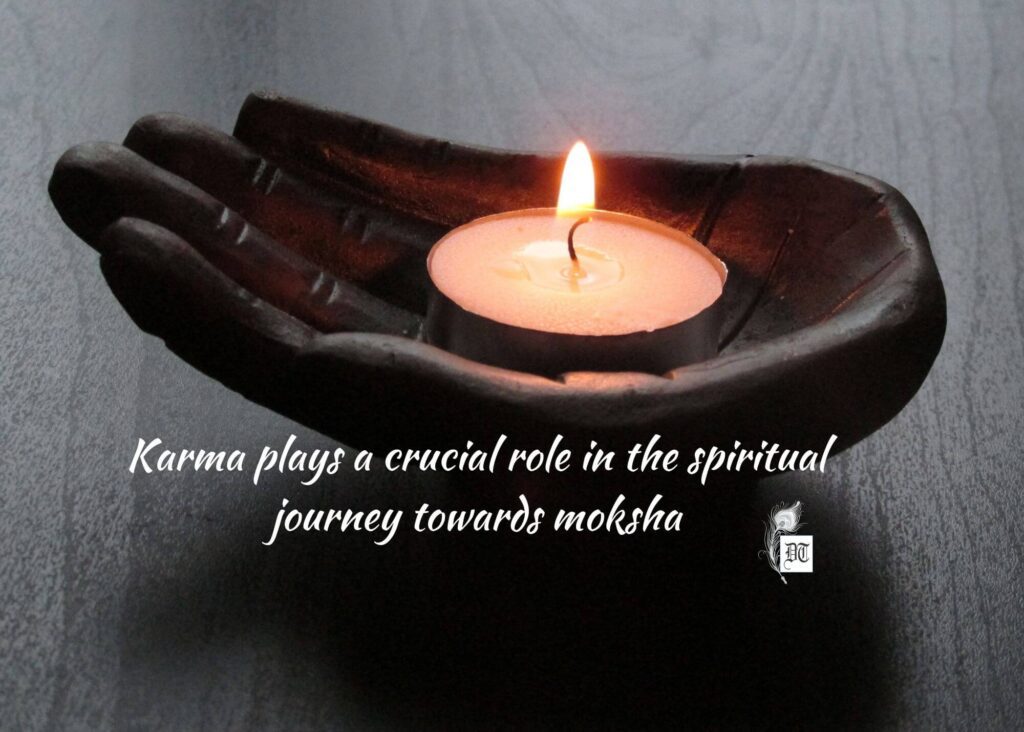Rajul explores karma’s transformative power in Eastern philosophies, influencing human destiny and moksha – exclusively for Different Truths.

The extraordinary superpower known as karma exists within the domain of materiality. Karma, a fundamental concept in various Eastern philosophies, including Hinduism, Buddhism, and Jainism, holds immense transformative potential. Here, I will explore the profound influence of karma on human destinies, its ability to alter the course of time, and its pivotal role in paving the path to moksha—the ultimate liberation of the soul.
While Devas (Gods) and Daanavas (Demons) have their supernatural powers, Humans have their own ‘Natural’ power – ‘Karma’. The machine to wield this power is our body. The soul is entrusted with this potent instrument to initiate ‘Karma’ in a righteous and virtuous manner for the benefit of self and others.
The Power of Karma
Karma is a universal law that governs cause and effect, emphasising the consequences of our thoughts, intentions, and actions. It is based on the premise that every action has an equal and opposite reaction, thereby, moulding our present circumstances and future encounters. Karma acknowledges the power of human agency and free will, implying that people can actively shape their destinies through their decisions and actions.
Changing Destinies
Karma gives humans the ability to determine their futures. Driven by our aspirations and anchored in our principles, our deeds create a cascading impact that echoes across the ages. Positive actions, rooted in compassion, kindness, and selflessness, generate positive karma, manifesting as favourable circumstances, opportunities, and relationships. Likewise, when driven by greed, hatred, and harm, negative actions give rise to negative karma, resulting in hardship, hindrances, and affliction.
By cultivating virtuous qualities and engaging in ethical behaviour, individuals can alter the trajectory of their lives. Through conscious choices, humans can mould their destinies, creating a future that aligns with their aspirations and fosters personal growth and fulfilment. Karma empowers individuals to take responsibility for their actions, recognising their ability to influence the world around them.
Changing the Course of Time
Karma’s influence extends beyond individual destinies and has the potential to alter the course of time itself. The law of karma suggests that collective actions, intentions, and values shape the social, cultural, and environmental landscape. As individuals come together to create positive change, the cumulative impact of their karma can shift societal paradigms, initiate transformative movements, and bring about collective progress.
Across the annals of time, selfless individuals and united communities driven by noble aspirations and virtuous conduct have ignited profound shifts in society. Examples abound, from social reformers who fought for justice and equality to environmental activists advocating for sustainability. The power of karma lies in its ability to inspire collective action, transcending the boundaries of individual efforts and generating a positive momentum capable of altering the fabric of society.

Clearing the Path to Moksha
Karma plays a crucial role in the spiritual journey towards moksha—the ultimate liberation of the soul. Moksha represents the transcendent state of union with the divine and the realisation of one’s true nature beyond the confines of the physical world. Karma acts as a guiding force, shaping the soul’s experiences, lessons, and opportunities throughout its journey towards self-realisation.
Individuals pave the way for moksha by amassing positive karma through virtuous actions. Engaging in acts of kindness, selflessly serving others, and practicing compassion cleanse the mind and nurture spiritual growth. Conversely, harmful actions and negative intentions create unfavorable karma, impeding advancement on the journey to enlightenment.
The transformational potential of Karma, the human superpower within the sphere of materiality, is immense. It enables individuals to shape their destinies, influence the course of time, and clear the path to moksha. Through conscious choices, virtuous actions, and mindful intentions, individuals can harness the power of karma to create a future aligned with their highest aspirations.
Understanding the profound impact of karma empowers individuals to take responsibility for their thoughts, words, and deeds. By cultivating positive karma, rooted in compassion, empathy, and integrity, individuals can transform their own lives and contribute to the collective well-being of society. As we recognise the power of karma, we embrace our potential to shape a world that reflects our deepest values and aspirations—a world driven by love, harmony, and spiritual evolution.
Picture design by Anumita Roy





 By
By


 By
By
Very nice article on Karma!